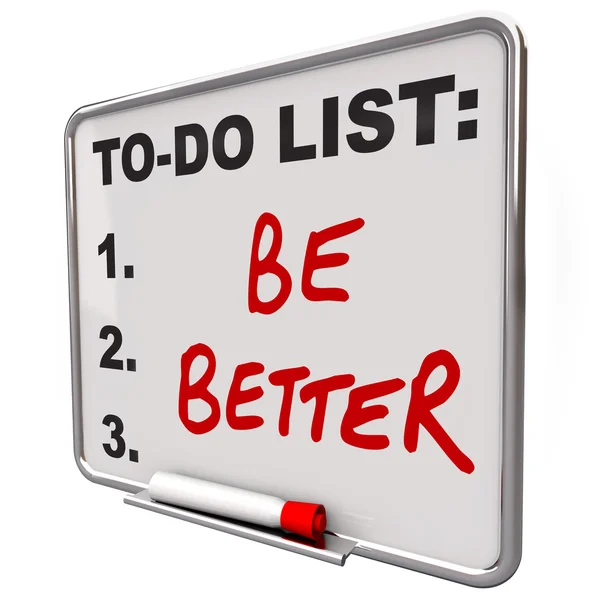Whether you’re just out of your freshman year or you’ve already been through a few years of college, school is nothing new to you. We’ve all been doing it for as long as we can remember, and that is both a blessing and a curse. With our deeply ingrained study habits comes the feeling that they can be impossible to improve this late in the game. Our habits define who we are as students: some of us do schoolwork the moment it’s assigned while some of us save it until the day of, some of us stress about retaining knowledge while some of us stress only about grades, and some of us don’t stress at all. Some of us–most of us–lie somewhere in the middle of each spectrum, pushing ourselves to work harder and smarter but falling just short of our goals. If you’re like me and you want to make working hard feel effortless, a few simple changes will make organizing your academic life seem infinitely more manageable.

https://depositphotos.com/
To improve your study habits, you need to first improve yourself. It’s hard to quickly churn out that essay or cram for that test if you aren’t accustomed to pushing your limits, and it’s even harder to plan your work in advance if you aren’t accustomed to planning your life. Here are some quick and easy improvements to your daily life that will make effective study habits come more easily.
Set weekly personal resolutions (realistic ones!) and actually stick to them. These improvements to your life can take on any form, from eating better to saving money to spending more time outside. Tell yourself that you can keep up anything for a week, and when you actually do, you’ll have much more confidence in your ability to adhere to your own principles. I recommend making some of the examples below into weekly resolutions to improve your ability to work hard and plan ahead.

https://www.edutopia.org/
Become the kind of person who plans fun things in advance. This is the best way to make planning everything, even your work schedule, feel more natural. If you have a calendar app on your phone, use it. If not, invest in a small planner that you update at the end of every day. If your friend asks you to lunch on Wednesday, write it down, and soon enough putting due dates of assignments on your calendar will feel just as normal. Not only will you have a scheduling system that you’re used to, but you’ll be able to visualize how much of your time is already planned and manage your studying accordingly.
Don’t be late to anything. Be that one friend who’s fifteen minutes early to meet up, and be proud of it! If you try to be on time, you’ll have a better understanding of how long it takes you to get ready in the morning and how long it takes to travel around in your college environment–which is likely different from that of your hometown. If you make punctuality a priority in every sphere of your life, your schedule will become sacred. It will be hard to start assignments later than planned if you make yourself the kind of person who is concerned with time and how you use it.
Make exercising your brain a fun and regular part of your day. There are so many little things that you can do to make yourself smarter, and when you do them for yourself you’ll feel a sense of personal accomplishment greater than any that can come from schoolwork. I recommend that you try to read for pleasure a little bit every day, tackle sudoku or a crossword puzzle, memorize lists, or even just watch “Jeopardy!” when you can. You’ll feel smarter, and feeling smarter is great motivation for working hard. If you can make yourself appreciate learning, your assignments will feel less boring and more personally valuable.
It’s easy to feel hopeless in school when you lose sight of the fact that it’s never too late to improve. Nothing is set in stone–these changes will make you a better person and a better student. Remember: you can do anything for a week! And if you can do anything for a week, maybe you can do anything for another week after that.
By Madeleine Fleming
Madeleine Fleming is a Campus Clipper publishing intern and a rising sophomore at NYU. A lover of reading, writing, and learning in every way possible, Madeleine is excited to be writing about college study habits for the Campus Clipper. For over 20 years, the Campus Clipper has been offering awesome student discounts in NYC, from the East Side to Greenwich Village. Along with inspiration, the company offers students a special coupon booklet and the Official Student Guide, which encourage them to discover new places in the city and save money on food, clothing and services.
At the Campus Clipper, not only do we help our interns learn new skills, make money, and create wonderful e-books, we give them a platform to teach others. Check our website for more student savings and watch our YouTube video showing off some of New York City’s finest students during the Welcome Week of 2015.



